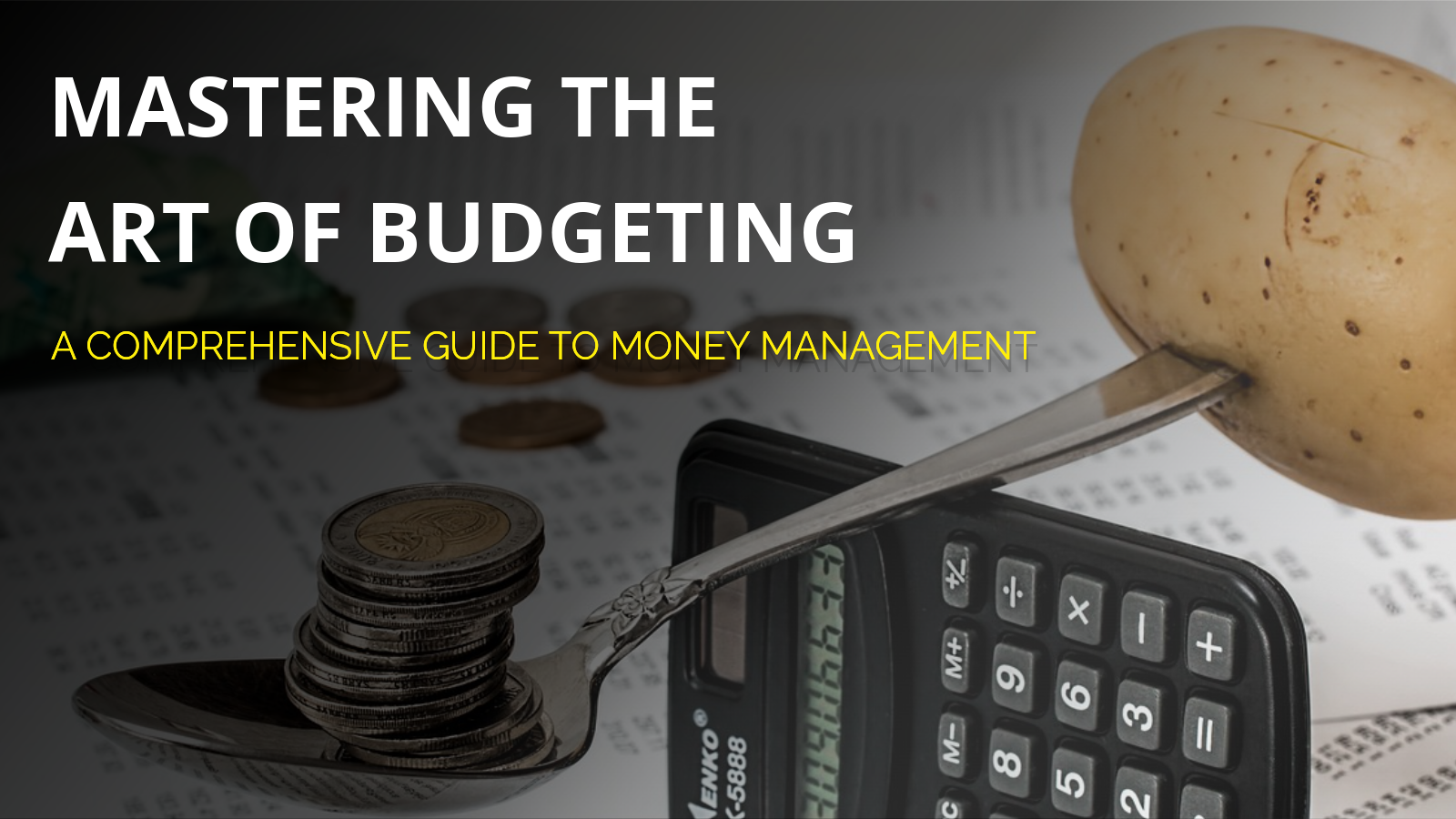
In a world where financial uncertainty is a constant companion, the importance of budgeting cannot be overstated. The budget budgeting embodies the essence of financial discipline and strategic planning. We aims to unravel the intricacies of budgeting, providing practical insights and actionable tips to empower individuals on their journey towards financial well-being.
Understanding the Significance of Budget Budgeting:
Budgeting is not merely about restricting spending; it is a powerful tool that empowers individuals to take control of their finances, allocate resources wisely, and achieve financial goals. The concept of “budget budgeting” emphasizes the need for a comprehensive and thoughtful approach to managing income and expenses.
Essential Components of Effective Budgeting:
Income Assessment:
Begin the budgeting process by thoroughly assessing your income. This includes not only your primary source of earnings but also any additional income streams. Having a clear understanding of your financial inflows is crucial for creating a realistic budget.
Fixed and Variable Expenses:
Categorize your expenses into fixed and variable categories. Fixed expenses, such as rent or mortgage payments and utilities, remain constant, while variable expenses, like dining out or entertainment, can fluctuate. Identifying these categories helps in prioritizing and managing expenditures effectively.
Emergency Fund Allocation:
A comprehensive budget not only addresses your regular expenses but also allocates a portion of your income to building and maintaining an emergency fund. This fund serves as a financial safety net, offering peace of mind in the face of unexpected expenses or emergencies. By consistently contributing to this fund, you create a buffer that safeguards your overall financial well-being.
This proactive approach ensures that you’re prepared for the uncertainties that life may throw your way, allowing you to navigate challenges without compromising your financial stability. Regularly reassess the adequacy of your emergency fund to align it with your evolving needs and circumstances.
Debt Repayment Strategy:
If you find yourself with outstanding debts, it’s crucial to integrate a strategic debt repayment plan into your budget. Prioritize tackling high-interest debts, allocating a consistent amount each month to systematically reduce your overall debt burden. This proactive approach not only helps in minimizing the financial strain associated with high-interest debts but also paves the way for more resources to be channeled towards savings and wealth-building.
By incorporating debt repayment as a key component of your financial strategy, you’re taking a significant step toward achieving greater financial liberation and securing a more stable future. Regularly reassess and adjust your debt repayment plan as your financial situation evolves.
Savings Goals:
Budgeting is not just about covering expenses; it’s also about saving for the future. Establish clear savings goals, whether it’s for a down payment on a house, a dream vacation, or retirement. Allocate a percentage of your income towards these goals to ensure steady progress.
Regular Budget Reviews:
A dynamic budget is a key to success. Regularly review and adjust your budget to accommodate changes in your financial situation or unexpected expenses. Flexibility is crucial to ensuring that your budget remains a practical and effective tool.
Technology Assistance:
Leverage budgeting apps and tools to streamline the process. Many apps can sync with your bank accounts, categorize expenses automatically, and provide insights into your spending patterns. Embracing technology can make budgeting more accessible and less time-consuming.
Educate and Involve Family Members:
If applicable, involve your family members in the budgeting process. Educate them about the family’s financial goals and solicit their input. This fosters a sense of collective responsibility and ensures that everyone is on the same page regarding financial priorities.
Conclusion:
In the realm of personal finance, the concept of budget budgeting serves as a beacon for those seeking financial stability. By adopting a proactive and strategic approach to budgeting, individuals can navigate the complexities of their financial landscape with confidence. Remember, budgeting is not a one-time task but a dynamic process that evolves with your financial journey. Embrace the art of budgeting, and watch as your financial goals transform from aspirations into tangible realities.
Recommended Article: From Chaos to Clarity: How accounting and financial solutions Can Transform Your Business





